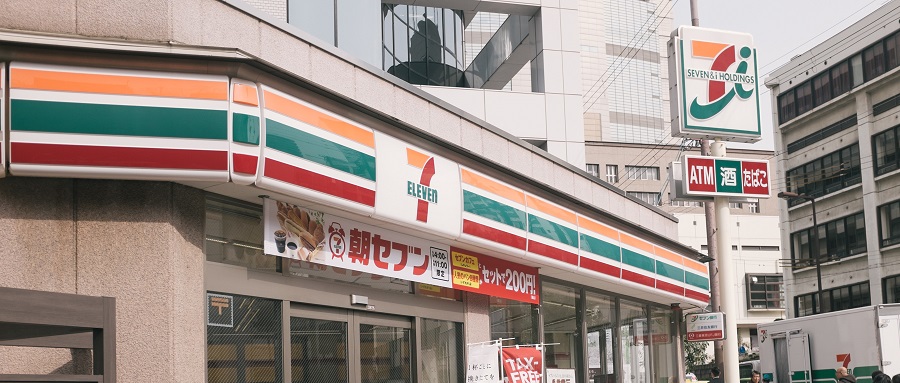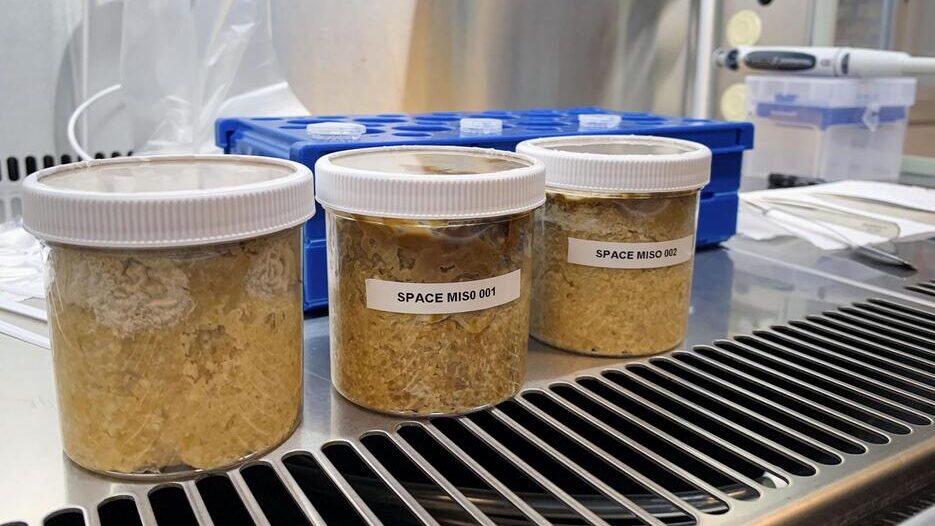7-Eleven employee committed suicide after six months of work without a break

A Labor Standards Inspection Office in Oita Prefecture has recently issued a ruling regarding the death of a Seven-Eleven employee.
The 38-year-old man was employed as a store manager by a Seven-Eleven franchise and committed suicide in 2022.
In a significant ruling, the man’s death has been officially recognized as a ‘work-related accident’ by the local Labor Standards Inspection Office.
The decision was based on the finding that the manager had endured an exceptionally long period of continuous work, reportedly without a single day off for six consecutive months prior to his death.

This extended duration of unbroken work is considered unusually protracted and led to the death to be recognized as work-related due to overwork.
According to statements from the deceased man’s family, he had been employed as the store manager at a franchise location in Oita Prefecture since 2019, operating under a franchise agreement with Seven-Eleven Japan Co., Ltd.’s headquarters.
Following his suicide in July 2022, his wife filed for work-related accident compensation, asserting that her husband had developed a severe mental disorder as a direct result of excessive workload and chronic lack of rest.

The Labor Standards Inspection Office, the government agency with jurisdiction over workplace safety and labor standards in the area, conducted a thorough investigation into the circumstances surrounding the man’s death.
Their findings concluded that the store manager had developed severe depression before he took his own life and that he had not taken a single day off work in the six months leading up to the onset of this mental health condition.
The Labor Standards Inspection Office’s investigation identified several key reasons for the manager’s continuous work schedule.
These included the necessity for the manager to personally “fill in gaps in shifts” to ensure the smooth operation of the 24-hour convenience store and the challenges in “securing adequate personnel, particularly for late-night shifts”.

The agency determined that the cumulative psychological burden resulting from this relentless work schedule was considerable and directly contributed to the development of the fatal depression.
While the franchise store owner reportedly suggested that the deceased manager may have been facing other issues unrelated to his work, the Labor Standards Inspection Office stated that “the truth of this is unclear” and ultimately concluded that the suicide was indeed a work-related accident, directly attributable to the extreme work conditions.
The lawyer representing the franchise store owner did not respond to the Japanese media’s requests for an interview regarding the issue of the manager’s continuous six-month work period.

It was also revealed that the deceased man’s working hours data had been transmitted to Seven-Eleven headquarters, as is often the practice in franchise operations for oversight and management purposes.
When contacted for comment on the labor management practices at the headquarters level in light of this case, a spokesperson for Seven & i Holdings Co., Ltd., the parent company of Seven-Eleven Japan, stated that they were not aware of the Labor Standards Inspection Office’s decision.
The spokesperson stated that “it is a matter related to individual franchise stores, and as headquarters we are not in a position to answer”.

This response highlights the often complex relationship and division of responsibility between franchise headquarters and individual store operators regarding day-to-day labor management.
The convenience store industry in Japan is known for its 24/7 operations with often minimal staffing levels and has faced scrutiny in the past regarding the workload and working hours of its employees, particularly store managers who often bear significant responsibility for the store’s operation.
This tragic incident and the subsequent ruling are likely to reignite discussions about labor practices and the responsibilities of both franchise headquarters and individual owners in ensuring reasonable and sustainable working conditions for their employees.
Sources: Asahi Shimbun






